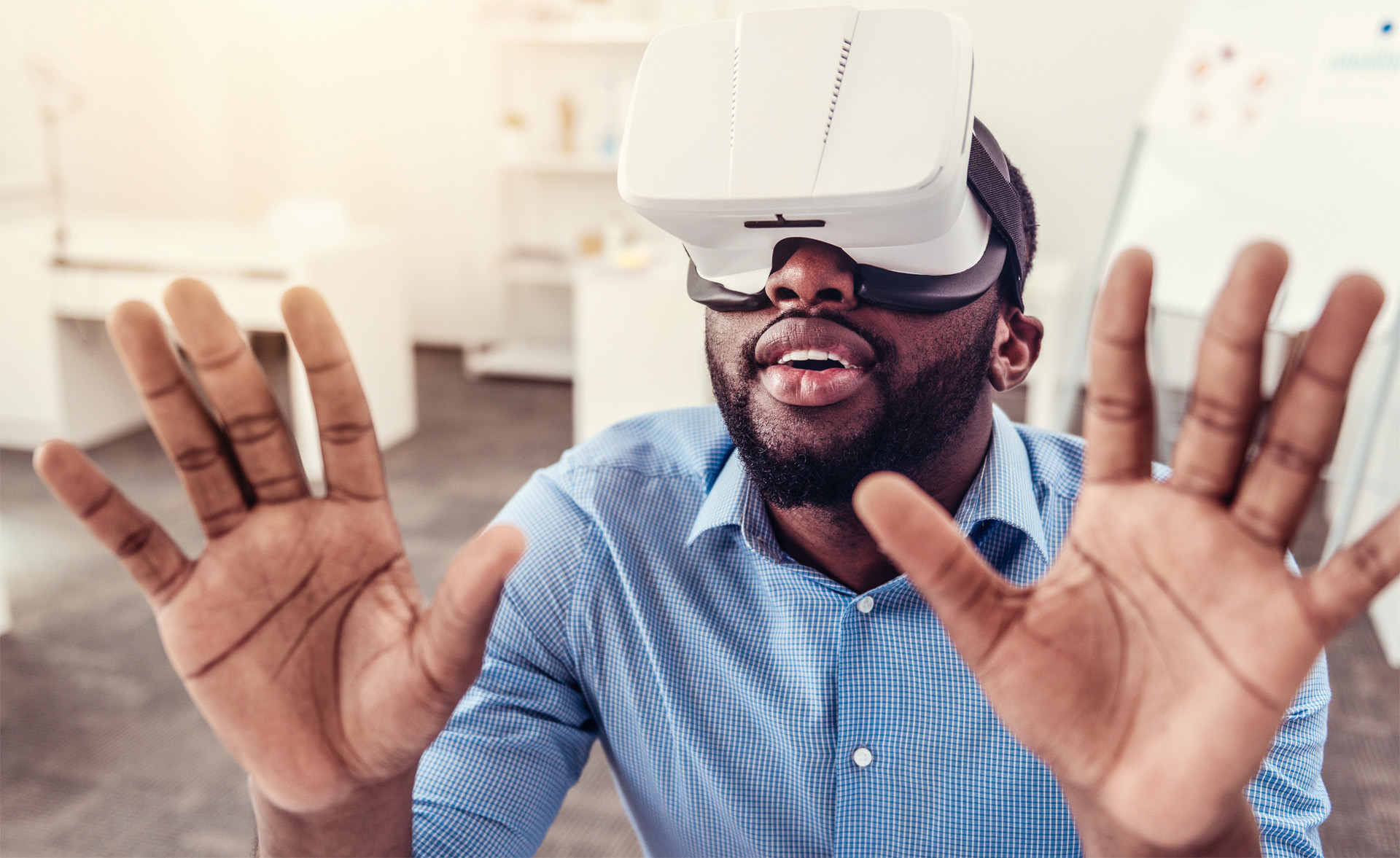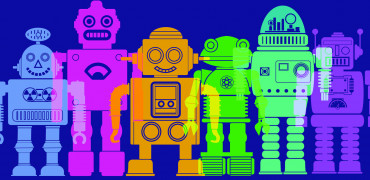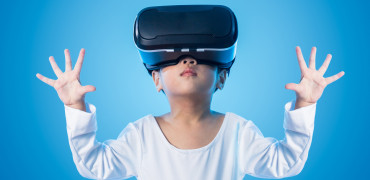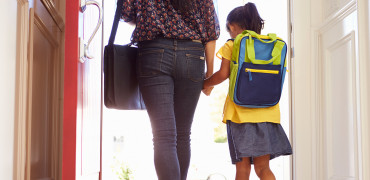Research from the University of Georgia and the University of California has highlighted the devastating impact that the current consumption of plastic is having on the environment.
The study estimates that humans have produced 8.3 billion tonnes of plastic to date since the 1950s, which, to put it into perspective, is the equivalent weight of 1 billion elephants. Or for an alternative visualisation, an ankle deep layer of all the plastic produced could cover an area the size of Argentina.
Of this, approximately 80% is never recycled and instead accumulates in landfills or is dumped into the natural environment. Continuing at the present rate, the research suggests that humans will have produced 34 billion tonnes of plastic by 2050.
We need a new way of educating people that has a significant enough impact to inspire them to make a change.
This research isn’t the first of its kind. We’re constantly being reminded about the consequences of modern life and being fed these startling figures regarding the high consumption of scarce natural resources and harmful products. However, it is difficult to fully understand, and easy to forget, the extent of the damage to our planet if everyday life remains relatively normal.
It’s easy to continue throwing away plastic containers, wasting paper and leaving the lights on when you haven’t seen the melting polar ice caps first hand, noticed the rising sea temperatures or personally witnessed the destruction of habitats due to mass deforestation. This is arguably one of the major barriers to making a significant move in the right direction towards a more sustainable, energy efficient planet.
It has therefore been recognised that there is a need to find a new way of educating people that has a significant enough impact to inspire people to be more mindful and to make a change.
What is Virtual Reality?
The Virtual Reality Society defines virtual reality (VR) as “the term used to describe a three-dimensional, computer generated environment which can be explored and interacted with by a person”. The user is able to transport anywhere and become immersed in and participate in a chosen environment with vivid imagery, sounds and an interactive element, providing a far more real and relatable experience, more so than watching it on a TV screen or being told about it. VR completely transports users to and immerses them in another place or situation.

Interaction aids understanding
Enabling individuals to engage with a subject virtually, allows them to better understand the issues and can change behaviour
How could VR help with the fight against climate change?
Virtual reality could be a powerful tool in helping people connect with and further understand the true extent of the human impact on the environment.
There is currently a problem of disassociation with climate change and global warming as the impacts are currently unimaginable for most people. However, truly showing someone what is happening could help to reach out and encourage people to engage with global warming more.
If you vividly witness the destruction of a habitat, i.e. seeing it, hearing it and getting a clear sense of the scale of the problem, you are more likely to think the next time you unnecessarily print a document or throw something in the waste bin rather than the recycling bin, more so than if you’re merely told an inconceivable story.
VR could be used to create and encourage empathy and to create an emotional connection with climate change. It offers an opportunity for people from all backgrounds and from anywhere in the world to witness the changes and connect with what is happening.
Put simply, there are already many different mediums talking to us about climate change and describing what is happening. VR could take this a step further by showing us and immersing us in the experience to encourage an emotional connection.
It’s about visualisation, and experiencing the consequences of our actions first hand. It’s about making intangible experiences as tangible as possible.
Case studies
The Virtual Human Interaction Lab (VHIL) at Stanford University strives to “blur the line between reality and illusion” and “push the limits of our imagination”. They are currently undertaking a number of projects exploring how VR can be used to educate people about the effects of climate change.
One of the projects looks at ocean acidification. Most people have never experienced reef habitats and are therefore unable to see first-hand how climate change is impacting this particular environment.
We’ve heard about coral bleaching and rising sea temperatures, but the VHIL enables individuals to experience the multiple phases of the process that causes ocean acidification, introducing them to ocean species that are at risk, allowing them to interact with and witness the changes in those species.
Previous research found that practical involvement and interactions lead to superior learning, more than just remembering what was said; it led to a greater understanding.
In this sense, VR could be a tool to help people understand the impacts of climate change, rather than just knowing what they are.
VR’s indirect impact
VR is increasingly being used in the design process of the architecture industry. Architects are able to visualise a building or space before it is actually built, bringing blueprints and scale models to life, enabling them to better understand how to make their designs as environmentally efficient as possible.
We know that climate change is a devastating problem and is escalating rapidly. So why aren’t more of us making radical changes to try and limit or slow down the negative impacts it is having on our planet. As Benjamin Franklin said, “Tell me and I forget, Teach me and I remember. Involve me and I learn”.
Most of us are unable to see the drastic impacts first hand, so VR could be the next best thing, and hopefully help us to move towards more energy efficient power and renewable heating sources, be more conscious of how much water we are using, and to rethink the plastic carry bag at the check out.
Katie King, MBA is founder of social media experts Zoodikers @zoodikers and @AIinFM; Director of Transformation @DigitalLeadersA; and a keynote speaker on AI and social media @TEDx
If you have any questions about this article, you can contact us via email. Or if you would like to tweet us, please follow our MEUK_LES twitter page.
We upload new articles every week so remember to check back regularly.
You can also sign up for our monthly newsletter below.



